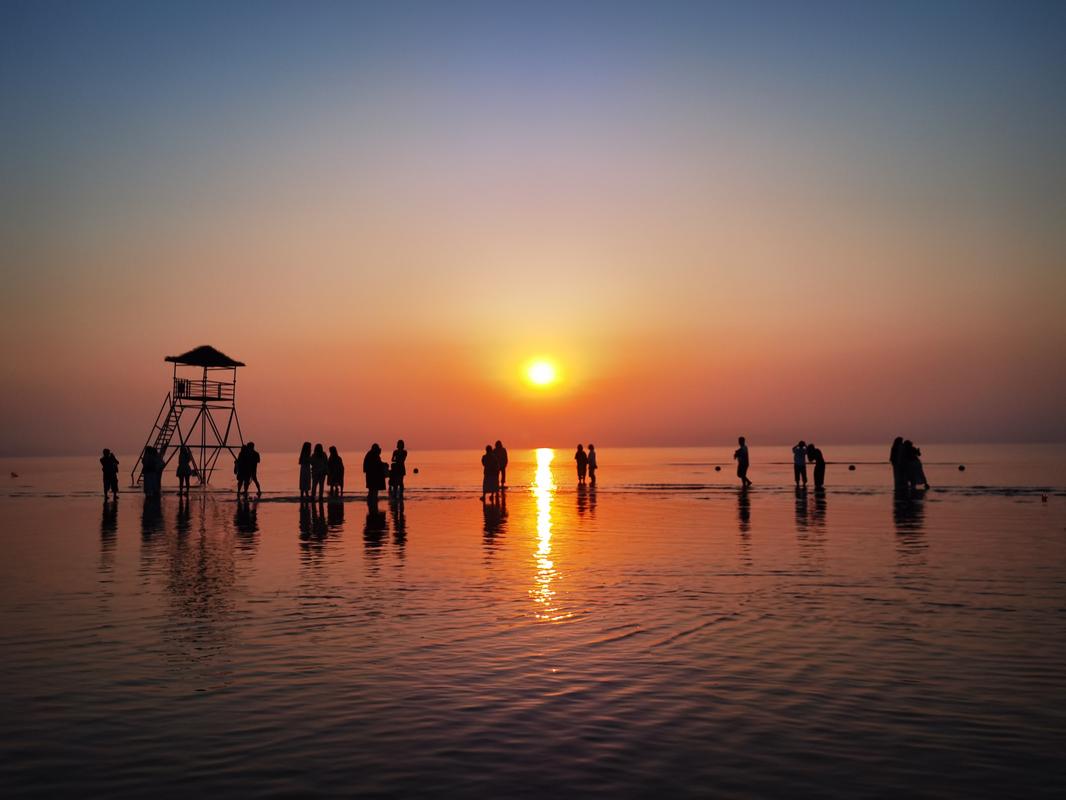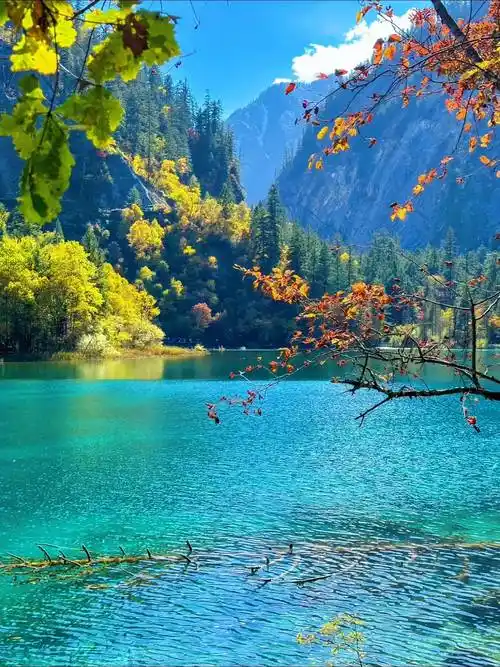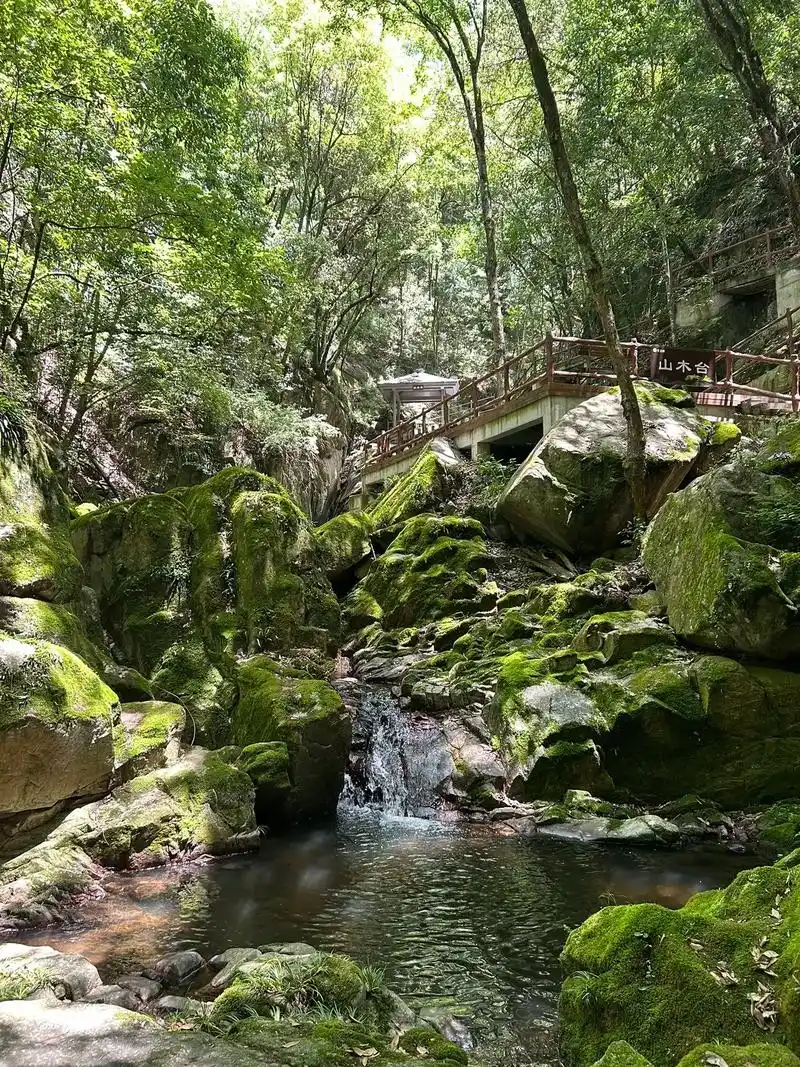Global Travel Information
Elbe River Chef Retreats: Cook & Learn
Title: The Elbe River's Culinary Havens: Where Cooking Meets Discovery
The gentle flow of the Elbe River, carving its serene path through the heart of Europe, has long been a source of inspiration. For centuries, it has witnessed history, facilitated trade, and nurtured the cultures of Germany and the Czech Republic along its banks. But today, a new, more intimate journey is unfolding upon its waters and in the quaint villages that dot its shores: the rise of the Elbe River Chef Retreat. This is not a typical cooking class or a luxury cruise; it is a transformative travel experience, a "Cook & Learn" immersion that engages all the senses and offers a profound connection to a region through its most universal language—food.
The concept of a chef retreat is elegantly simple yet deeply impactful. It moves beyond the passive enjoyment of a meal to the active, hands-on creation of it. On the Elbe, these retreats are crafted around a philosophy of connection—connection to local ingredients, to time-honoured techniques, to the chefs who are custodians of culinary wisdom, and to fellow food lovers who share a passion for discovery. Unlike the hurried pace of a standard holiday, a retreat invites slowing down. Mornings might begin not with an alarm clock, but with the scent of fresh coffee and the prospect of a visit to a riverside farmer’s market or a family-owned orchard.
The setting itself is a primary instructor. The Elbe River Valley, particularly the stretch designated as a UNESCO World Heritage Site in Germany, is a landscape of breathtaking beauty. Vineyards terrace sun-drenched slopes, medieval castles stand sentinel on hilltops, and lush meadows provide pasture for livestock. A chef retreat here is inherently a farm-to-table experience, often literally. Participants might find themselves foraging for wild herbs along the riverbank with a guide, learning to identify ramps and sorrel. They might visit a historic Winzer (vintner) in the Saxony wine region, one of Europe's most northern, to understand the unique characteristics of a crisp Elbe Riesling or a rare Goldriesling, before incorporating local wines into their cooking.
The heart of the retreat is, of course, the kitchen—often a beautifully appointed, professional space in a renovated riverside manor, a boutique hotel, or even aboard a specially chartered barge. Here, under the guidance of a celebrated local chef or a visiting culinary expert, the learning begins. The curriculum is never just about recipes; it’s about narrative. Before participants dice an onion or sear a fillet of Zander (a prized local river fish), they learn the story behind the ingredients.
A lesson on preparing Sächsischer Sauerbraten (Saxon pot roast) becomes a history lecture on the spice trade routes that once passed through the region, explaining the use of cloves, juniper, and bay leaves. Making a classic Quarkkeulchen (a sweet quark potato pancake) transforms into a discussion on traditional Saxon farming and the importance of dairy. The chefs act not just as instructors, but as translators of terroir, demonstrating how the mineral-rich soil, the temperate river climate, and centuries of agricultural tradition express themselves on the plate.
The "Learn" component extends far beyond technical knife skills or sauce emulsions. It encompasses cultural literacy. Excursions are integral to the experience. A retreat might include a private tour of Dresden’s magnificent Semper Opera House, followed by a dinner themed around the opulence of the Baroque period. Another might journey across the Czech border to Litoměřice, to explore its historic cellars and learn about the Bohemian approach to roasting duck and crafting dumplings. Visitors learn that the Elbe isn't just a geographical border; it's a culinary corridor where German heartiness and Czech ingenuity have mingled for generations.
Furthermore, these retreats are powerfully social. The shared endeavour of cooking—the collaborative chaos and eventual triumph of creating a multi-course meal—fosters a unique camaraderie among participants. Strangers become teammates as they knead dough for bread, assemble delicate pastries, or debate the perfect doneness of asparagus. The final act of each day, sitting down together at a long table to enjoy the fruits of their collective labour, is where the magic truly crystallizes. Conversations flow as freely as the local wine, stories are exchanged, and the meal becomes a celebration of shared accomplishment and new friendship. This communal aspect turns a culinary lesson into a memorable human experience.
For the modern traveller, an Elbe River Chef Retreat answers a growing desire for authentic, meaningful, and sustainable tourism. It is a conscious choice to move away from passive consumption and towards active participation. Participants leave with more than just a full stomach and a few scribbled recipes; they depart with a deepened understanding of Saxon and Bohemian culture, a newfound confidence in their culinary abilities, and a palpable sense of the place they have visited. They have not just seen the landscape from a boat; they have touched its soil, tasted its bounty, and understood its rhythms.
In a world that often feels disconnected and digitized, the Elbe River Chef Retreat offers a welcome return to simplicity and substance. It is an invitation to roll up your sleeves, to feel the weight of a good knife, to smell the earthy fragrance of mushrooms just pulled from the forest floor, and to share a story over a simmering pot. It is on the banks of this timeless river that one discovers the true essence of travel: not just to see, but to do, to learn, and to connect. The Elbe’s greatest lesson, it seems, is that the most enduring journeys are those seasoned with curiosity and shared around a table.

相关文章
- Elbe River Podcasts: Listen to River-Related Content
- Elbe River Radio Stations: Local Music Near the Water
- Elbe River Newspapers: Local News Along the Banks
- Elbe River Magazines: Local Publications to Read
- Elbe River Blogs by Locals: Insider Tips from Residents
- Elbe River Expats’ Guides: Advice for Foreign Residents
- Elbe River Students’ Guides: Tips for International Students
- Elbe River Workers’ Guides: Commuting & Workspaces Near the River
- Elbe River Retirees’ Guides: Living by the Water in Retirement
- Elbe River Real Estate: Homes & Apartments Near the Banks
发表评论
评论列表
- 这篇文章还没有收到评论,赶紧来抢沙发吧~


